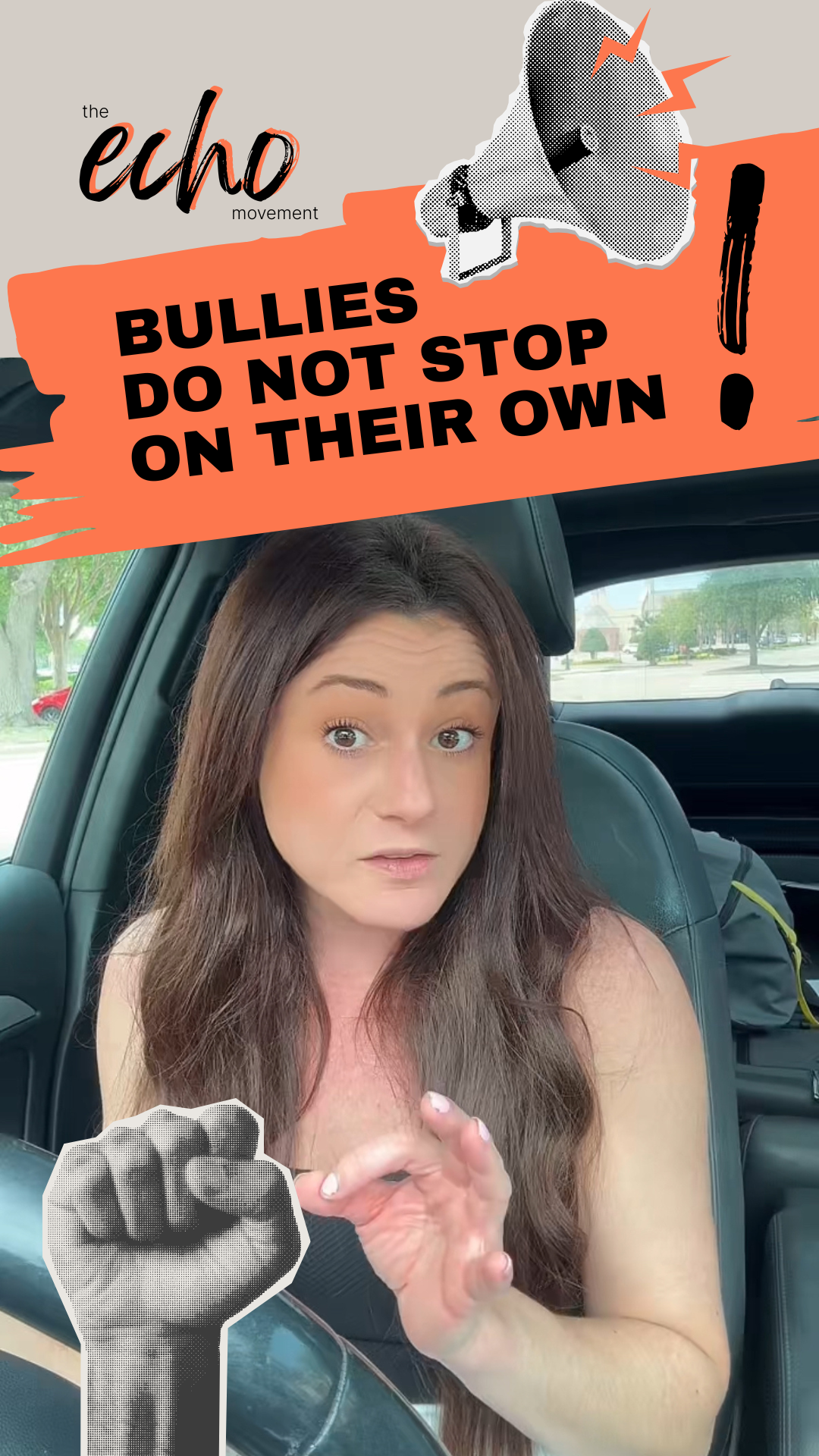Why Mental Abuse Is So Hard to See
Mental abuse doesn’t leave bruises, but the scars run just as deep. Survivors often carry patterns of fear, shame, and hypervigilance long after the abuse ends. Unlike physical abuse, emotional and psychological abuse often gets minimized as “drama” or “just words.” But research shows the impact is severe, often leading to anxiety, depression, PTSD, and cPTSD.
👉 Related: Emotional Bullying
The Top 10 Signs of Mental Abuse
1. Low Self-Esteem and Self-Blame
Victims often feel “not good enough” and internalize the abuse as their fault. Constant apologizing, even when nothing was done wrong, is common.
2. People-Pleasing and Fear of Conflict
Survivors of mental abuse often become hyper-focused on keeping the peace. They struggle to set boundaries and fear rejection or retaliation if they say no.
3. Hypervigilance (Walking on Eggshells)
Living in a state of constant alert, scanning for signs of anger or disapproval. Raised voices or subtle changes in tone can feel threatening.
👉 Related: Mental Health Impact
4. Chronic Self-Doubt and Gaslighting Effects
Mental abuse often involves gaslighting. Victims are left questioning their own memory, reality, and perceptions: “Maybe I’m overreacting.”
5. Isolation and Withdrawal
Abusers discourage outside relationships or create shame that makes the victim withdraw. Survivors feel cut off from friends, family, and support systems.
👉 Related: Relational Bullying
6. Difficulty Making Decisions
After years of being told they can’t be trusted, victims second-guess everything. The fear of making the “wrong” choice becomes paralyzing.
7. Emotional Dysregulation
Survivors may swing between intense sadness, anger outbursts, and guilt. Trauma disrupts the ability to regulate emotions.
8. Trauma Responses in the Body
Mental abuse shows up physically: insomnia, chronic fatigue, stomach problems, headaches, and muscle tension. The nervous system is stuck in fight, flight, freeze, or fawn.
9. Loss of Identity
Hobbies, preferences, and opinions may feel erased. Survivors often don’t know who they are outside the abusive dynamic.
10. Lingering Shame and Fear of Abandonment
Even years later, victims carry shame, believing they’re “broken” or unlovable. Many fear people will leave if they truly knew them.
Why These Signs Matter
Mental abuse is often dismissed because it doesn’t leave visible wounds. But the psychological toll is profound. Survivors frequently develop cPTSD, struggling with relationships, trust, and self-worth. Recognizing the signs is the first step toward healing, and toward holding abusers accountable.
👉 Related: Reactive Abuse
Mental abuse is real abuse.
The scars may be invisible, but they shape every part of a survivor’s life. Naming these signs gives power back to the people who have lived them, and takes power away from the abusers who depend on silence.
Let’s make an echo that reminds the world: survivors deserve to be heard, believed, and supported.






